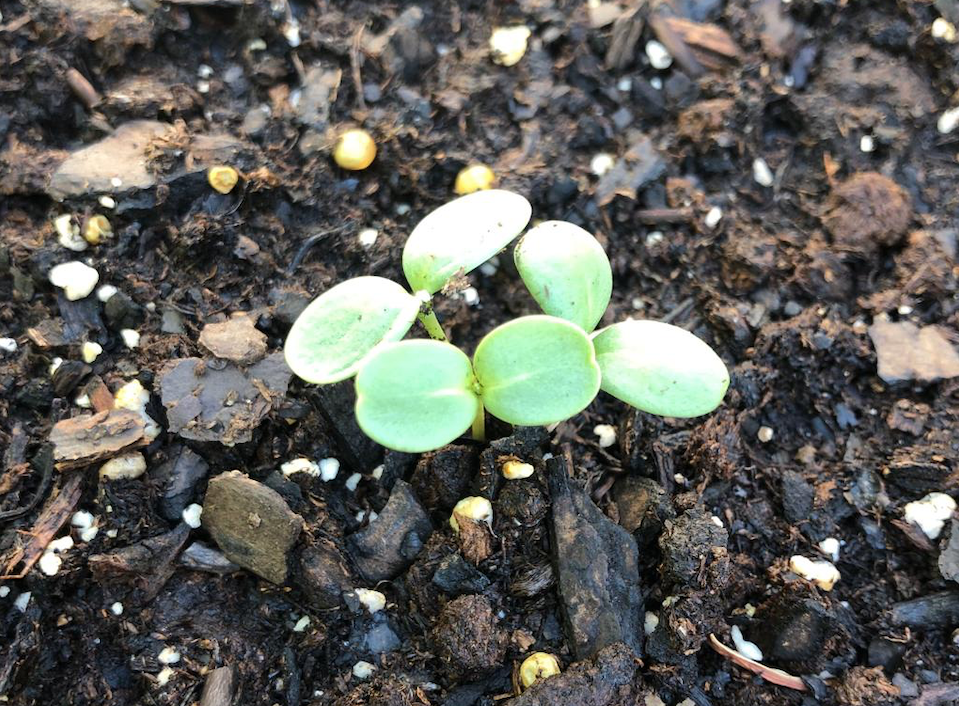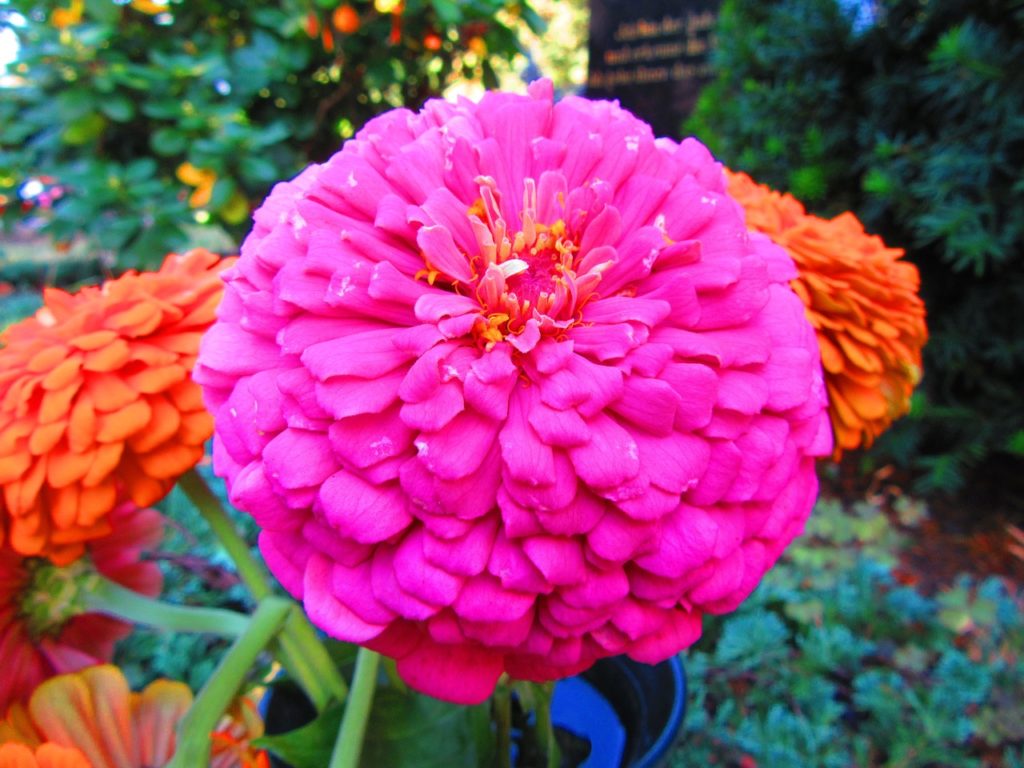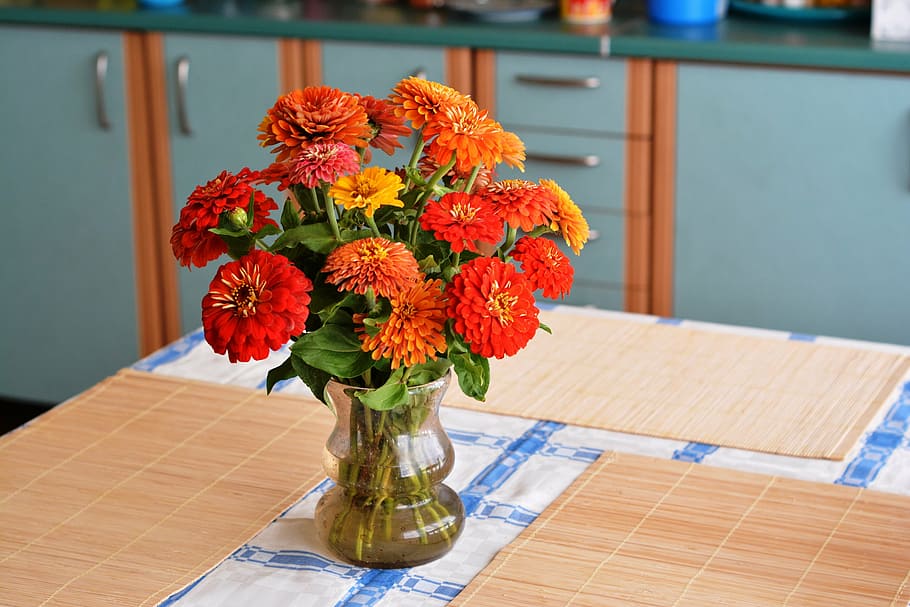As a young girl, I loved going out into the garden and cutting Zinnia flowers. They were such prolific bloomers and in so many different colors – reds, salmons, roses, oranges, yellows, purples, and white. They always cheered me up!


Starting tomorrow (May 15) we’re giving away a packet of Zinnia seeds, California Giants (with blooms 4”-5” wide) upon request with purchase (we have 100 packages of seeds to give away). Along with the seeds, we’ll give you a lesson sheet on how to successfully grow Zinnias. What a cool Summer garden project for you and your kids! You’ll find they are easy to grow and bloom all Summer long. What fun!!
Once plants are growing and you’re harvesting flowers, PLEASE take photos and tag us on Instagram and Facebook or email them to us at info@gillnursery.com. We’ll repost and share for all to see and enjoy!

– Sally Gill



Wallie says
Is it important with Zinnias to not wet the leaves when watering? Sometimes I think the leaves look dried out if I wet the leaves when watering.
james s gill says
If leaves are wet during the evening or cloudy weather, zinnias are subject to getting powdery mildew on the foliage. So an occasional wetting on a sunny morning can be excused, but best avoided.
Liz Lunde says
I have a garden in which I am growing tomatoes yellow crookneck squash bell peppers and strawberries. My squash plants are just going down to nothing. I took some leaves out to Gills and they said I had to powdery mildew and I bought the name. It is not helping those plants at all. Is it possible that it is not good to plant tomatoes close to squash plants? I also used cedar mulch around them. Could that cause the squash to begin to deteriorate? Website
james s gill says
I don’t think the tomatoes or cedar mulch harmed the squash. Once powdery mildew is inside a leaf, you cannot cure it. You can hope it does not spread to new leaves, and f fungicide is meant to help protect new leaves, but next season, try applying the fungicide regularly, and right from the start. Easier to prevent fungus than to cure it. Also watch out for squash vine borer.